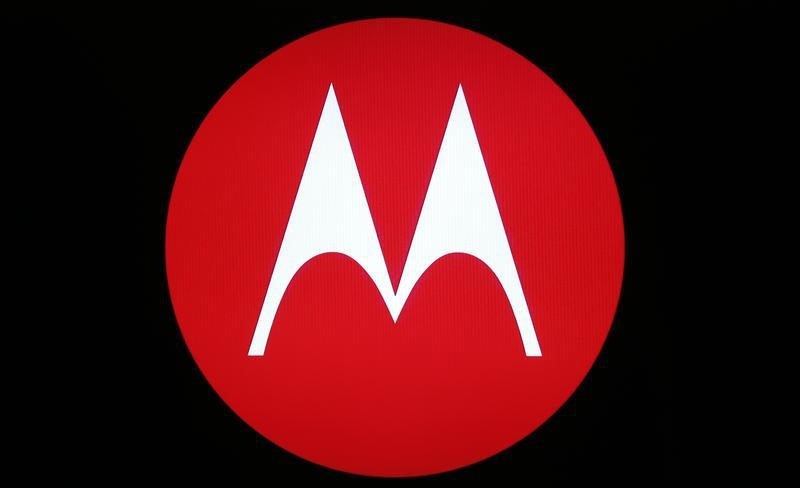By Jonathan Stempel (Reuters) - A federal appeals court rejected Motorola Mobility LLC's bid to sue several Asian suppliers under U.S. antitrust law for fixing prices of mobile phone displays sold to its foreign units.
Wednesday's decision by the 7th U.S. Circuit Court of Appeals in Chicago may lessen protections against inflated prices for U.S. consumers who buy cellphones, computers and other products whose components are made outside the country.
Circuit Judge Richard Posner said Motorola could not invoke U.S. antitrust law because the "immediate victims" had been non-U.S. subsidiaries that had bought most of the liquid crystal display screens that carried inflated prices.
While Motorola, a unit of China's Lenovo Group Ltd, claimed it paid the defendants more than $5 billion during a conspiracy that ran from 1996 to 2006, only 1 percent of the components were shipped to the United States.
"Motorola's foreign subsidiaries were injured in foreign commerce — in dealings with other foreign companies," Posner wrote for a three-judge panel.
"To give Motorola rights to take the place of its foreign companies and sue on their behalf under U.S. antitrust law would be an unjustified interference with the right of foreign nations to regulate their own economies," he added.
The defendants include AU Optronics Corp, Chunghwa Picture Tubes Ltd, HannStar Display Corp, LG Display Co, Samsung Electronics Co, Samsung SDI Co, Panasonic Corp's Sanyo unit, Sharp Corp and Toshiba Corp.
Some LCD makers have pleaded guilty to U.S. criminal price-fixing charges. Wednesday's decision limits the scope of Motorola's separate, civil lawsuit, which also alleged violations of state antitrust and consumer protection laws.
The civil case had also drawn concern from the court that Motorola was trying to obtain U.S. antitrust protections even as it shifted tax burdens to other countries.
Motorola, which is based in Chicago, denied that accusation, saying it repatriated foreign profits and paid U.S. taxes.
UNFRIENDED
"The court's opinion basically says that Motorola can't have it both ways," said Robert Wick, a partner at Covington & Burling who represents Samsung Electronics and argued the defendants' case before the 7th Circuit on Nov. 13. "Motorola can't be a foreign company for purposes of manufacturing phones, but a U.S. company when it comes to asserting antitrust claims."
Motorola spokesman Will Moss said: "We disagree with the decision, and are considering our options."
Posner said Motorola and its customers were only "indirect" purchasers of the LCD screens, and that Motorola's claims were barred under a 1982 law limiting antitrust claims against non-U.S. companies to conduct directly linked to domestic commerce.
Of the screens shipped to non-U.S. factories, 42 percent were used in products sold in the United States, and 57 percent in products sold elsewhere.
The U.S. Department of Justice and Federal Trade Commission had submitted a brief urging that U.S. antitrust law did cover the price-fixing conspiracy.
But Posner said the government stopped short of saying Motorola deserved antitrust damages, and merely sought assurance that U.S. efforts to obtain criminal and civil sanctions against foreign companies for antitrust violations would not be impeded.
"Motorola has lost its best friend," Posner said, referring to the government.
A Justice Department spokesman said the government is pleased the court recognized the "propriety" of its efforts to protect U.S. consumers from non-U.S. price-fixing cartels.
Lenovo bought Motorola Mobility for $2.91 billion in October from Google Inc, which had purchased the company two years earlier.
The case is Motorola Mobility LLC v. AU Optronics Corp, et al, 7th U.S. Circuit Court of Appeals, No. 14-8003.
(Reporting by Jonathan Stempel in New York; Additional reporting by Dan Levine in San Francisco and Lawrence Hurley in Washington, D.C.; Editing by Jeffrey Benkoe, Lisa Von Ahn and Richard Chang)
